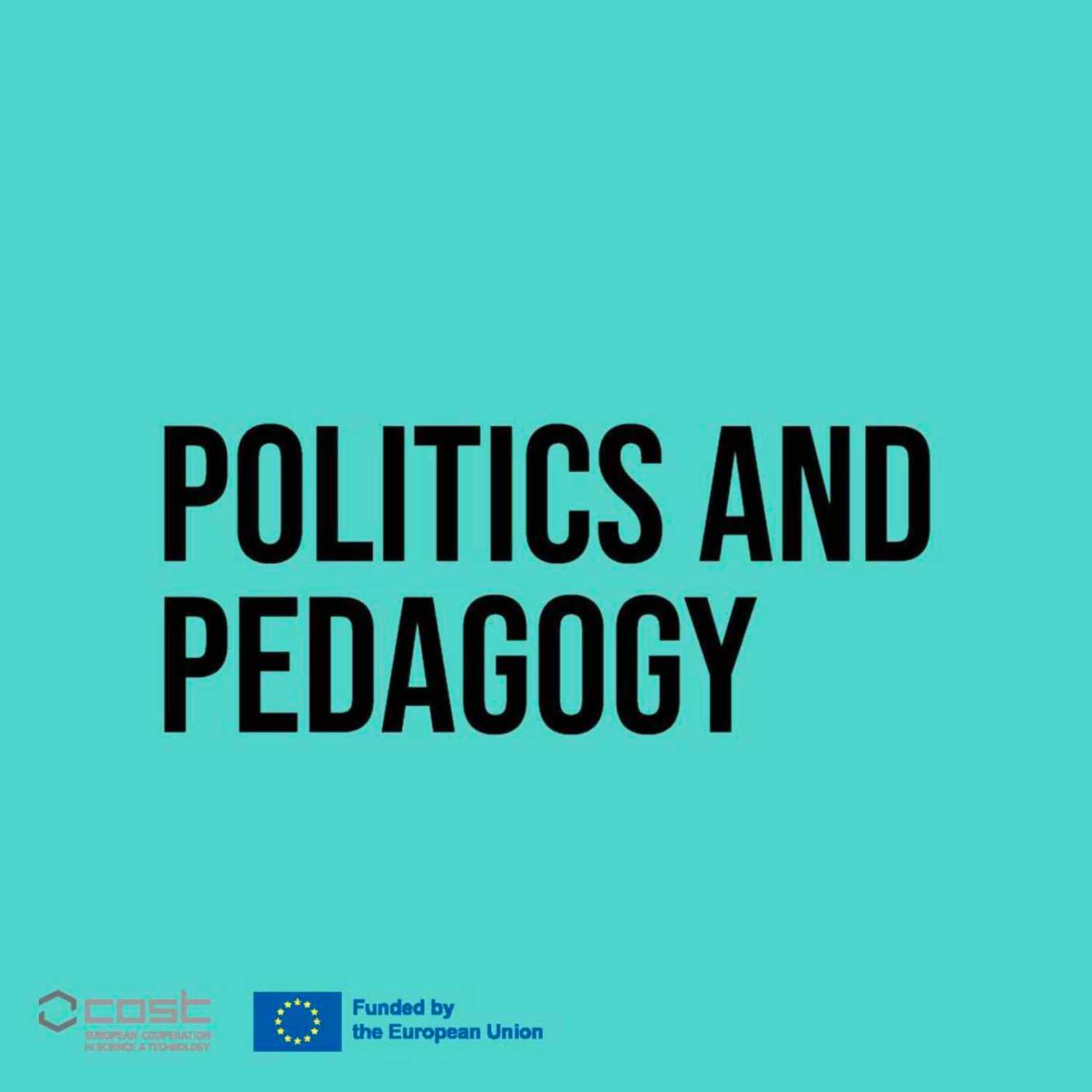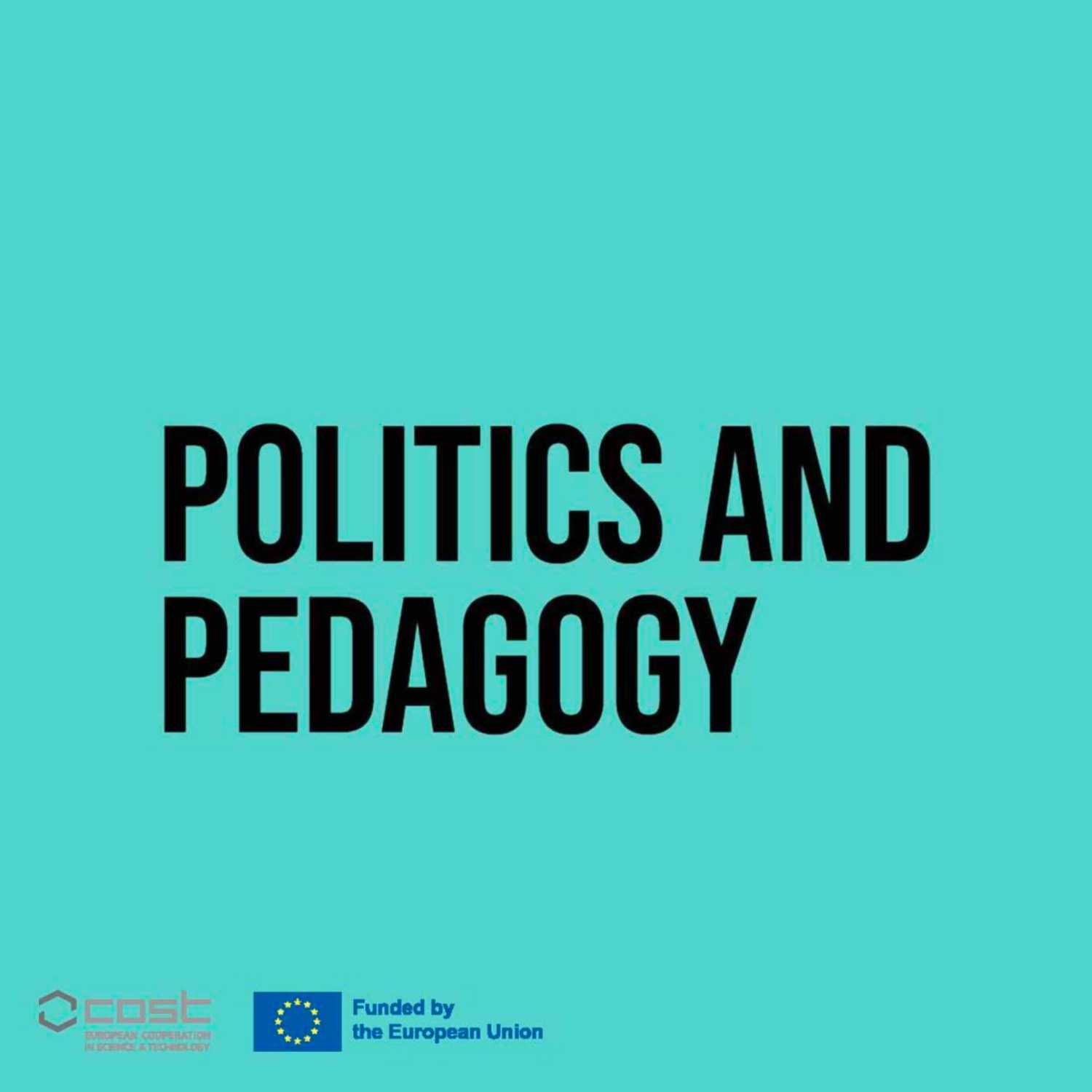
এই ভিডিওটি +18 এর কম দর্শকদের জন্য বয়স সীমাবদ্ধ৷
একটি অ্যাকাউন্ট তৈরি করুন বা আপনার বয়স নিশ্চিত করতে লগইন করুন।
What is the distinction between good pedagogy and decolonial pedagogy?
Episode Three: For the last our conversations we welcome to the podcast Prof. Robbie Shilliam, Professor in International Relations at Johns Hopkins University and Dr Olivia U. Rutazibwa, Assistant Professor in Human Rights and Politics at London School of Economics. In this episode we explore the difference between good pedagogy and decolonial pedagogy, hierarchies in the classroom, as well as Beyonce's Superbowl performance as a stimuli for teaching International Relations theory. Podcast: The Centre for Teaching Innovation and Scholarship (CTIS) are delighted to launch the first series of “Politics and Pedagogy” a podcast run by the Centre for Teaching Innovation and Scholarship in Politics and International Studies at the University of Leeds. This first series is funded by The COST Action DecolDEV which takes on the challenge to reconstruct the concept and practice of development after its deconstruction. This series showcases conversations from academics in Politics, International Relations and Development as they reflect on decolonial practices in education. The podcast hosts are Dr Madeleine Le Bourdon Associate Professor in the Politics of Global Development and Dr Louise Pears Lecturer in Global Security Challenges. It is produced by Dr Marine Guéguin and Dr Harrison Swinhoe both Post-doctoral researchers in the Centre for Global Security Challenges.Follow us! @CTISLeeds @DrMLeBourdon @LouiseKPearsFunding Provider: This podcast is funded by the EU's Cost Action Decolonising Development (CA19129): www.cost.eu. The Action works towards a resetting and diversification of the structures, institutions and spaces in which knowledge about and for development is produced, shared, contested and put into practice. Decolonisation of knowledge about ‘development’ cannot mean to maintain a paternalist binary of those already developed and those less developed but must scrutinize the structures and institutions that maintain power imbalances and the ideas that support paternalistic relations and assumptions of superiority according to intersectional (read: gendered, racialized, classed etc.) objectification of the Other.

